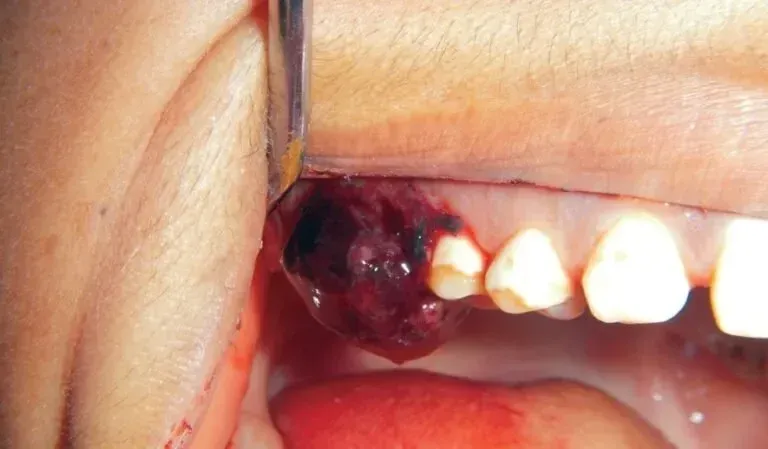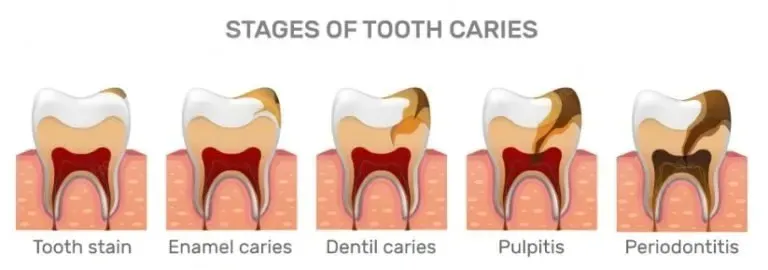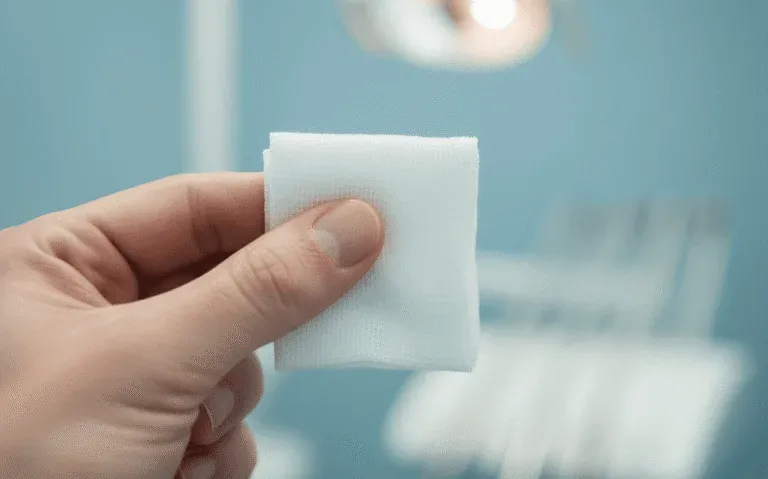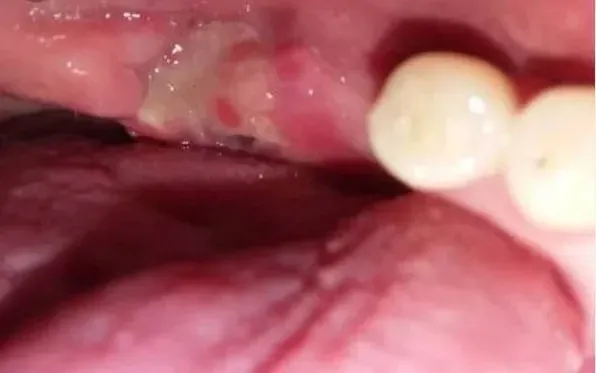Lower Jaw Toothache and Ear Pain in the Same Side: 5 Proven Remedies
Lower jaw toothache and ear pain in the same side can be a symptom of various…
Lower jaw toothache and ear pain in the same side can be a symptom of various dental or medical issues. It could be caused by tooth decay, gum disease, a damaged filling, or a problem with the temporomandibular joint (TMJ).
TMJ disorders can cause pain not only in the jaw but also in the surrounding areas such as the ear. It is important to visit a dentist or doctor for a proper diagnosis and treatment plan in order to alleviate the pain and discomfort.
Lower jaw toothache and ear pain in the same side:
There are several possible causes for lower jaw toothache and ear pain in the same side of the face. Dental issues such as tooth decay, gum disease, or a damaged filling, as well as temporomandibular joint (TMJ) disorder can lead to pain and discomfort in the jaw and surrounding muscles.
Other causes may include trauma or injury, sinusitis or sinus infection, neuralgia or nerve disorders, or even tumors or cysts. To determine the exact cause of your pain and receive an appropriate treatment plan, it is essential to visit a dentist or doctor. They may also refer you to a specialist such as an oral surgeon, an ENT or a neurologist.
Here are some other reasons why one side of your jaw and teeth may be hurting. Some possible causes include:
- Dental issues such as tooth decay, gum disease, or a damaged filling on one side of your mouth.
- Temporomandibular joint (TMJ) disorder, which can cause pain and discomfort in the jaw joint and surrounding muscles on one side of the face.
- Trauma or injury to the jaw or teeth on one side of the mouth.
- Sinusitis or sinus infection, which can cause pain in the jaw and teeth on one side of the face.
- Neuralgia or a nerve disorder that affects the trigeminal nerve (the main nerve of the face), which can cause pain in the jaw and teeth on one side of the face.
- Some other less common causes such as tumors, cysts, or certain medical conditions.
Can an effected tooth cause ear and jaw pain?
can an effected tooth cause ear and jaw pain? Yes, an infected tooth can cause pain not only in the tooth itself, but also in the surrounding areas such as the jaw and ear. This is because the nerves in the jaw and ear are connected to the nerves in the teeth, and an infection or inflammation in the tooth can lead to pain in these other areas as well.
Additionally, an infected tooth can also cause pain in the jaw joint (TMJ) as well as jaw muscle pain. This can be caused by the inflammation and pressure from the infection on the surrounding structures.
It’s important to visit a dentist if you suspect an infected tooth is causing your jaw and ear pain. The dentist will be able to diagnose the problem and recommend an appropriate treatment plan, which may include a filling, root canal, or extraction. Left untreated, an infected tooth can lead to more serious problems such as an abscess or spread of infection.
Can tooth pain feel like jaw pain?
Yes, tooth pain can feel like jaw pain. This is because the nerves in the jaw are connected to the nerves in the teeth, so an issue in one area can cause pain to be felt in the other area as well. Additionally, the muscles of the jaw are also closely related to the teeth, so issues with the teeth can cause discomfort or pain in the jaw muscles.
For example, a tooth abscess can cause severe pain that radiates to the jaw, and a damaged filling or a cavity can cause pain in the tooth that feels like it’s coming from the jaw. Similarly, jaw problems such as TMJ disorder can cause pain in the jaw and teeth. It’s important to consult with a dentist or doctor to determine the exact cause of your pain and recommend an appropriate treatment plan.
It’s best to consult with a dentist or doctor for a proper diagnosis and treatment plan. They may refer you to a specialist such as an oral surgeon, an ENT or a neurologist, if needed. They will be able to help you determine the exact cause of your pain and recommend an appropriate treatment plan.
Lower jaw toothache and ear pain in the same side remedy:
When it comes to lower jaw toothache and ear pain on the same side, various factors can cause such symptoms. Therefore, finding the right remedy requires accurate diagnosis. A few possible remedies that may alleviate the pain and discomfort include:
-Dental procedures such as filling, root canal treatment, or tooth extraction for tooth decay or gum disease.
-Physical therapy for temporomandibular joint (TMJ) disorders, which may include exercises that help to relax the jaw muscles and reduce pain.
-Medications like non-steroidal anti-inflammatory drugs (NSAIDs), muscle relaxants, or antidepressants for TMJ disorders or ear infection.
-In extreme cases, surgery may be recommended for TMJ disorders to correct any structural issues in the jaw.
-Treating sinus infection with over-the-counter or prescription decongestants and pain relievers.
It’s important to keep in mind that these are general remedies, and the best course of treatment will depend on the underlying cause of the pain. Therefore, it’s crucial to visit a dentist or a doctor to get a proper diagnosis and treatment plan.







